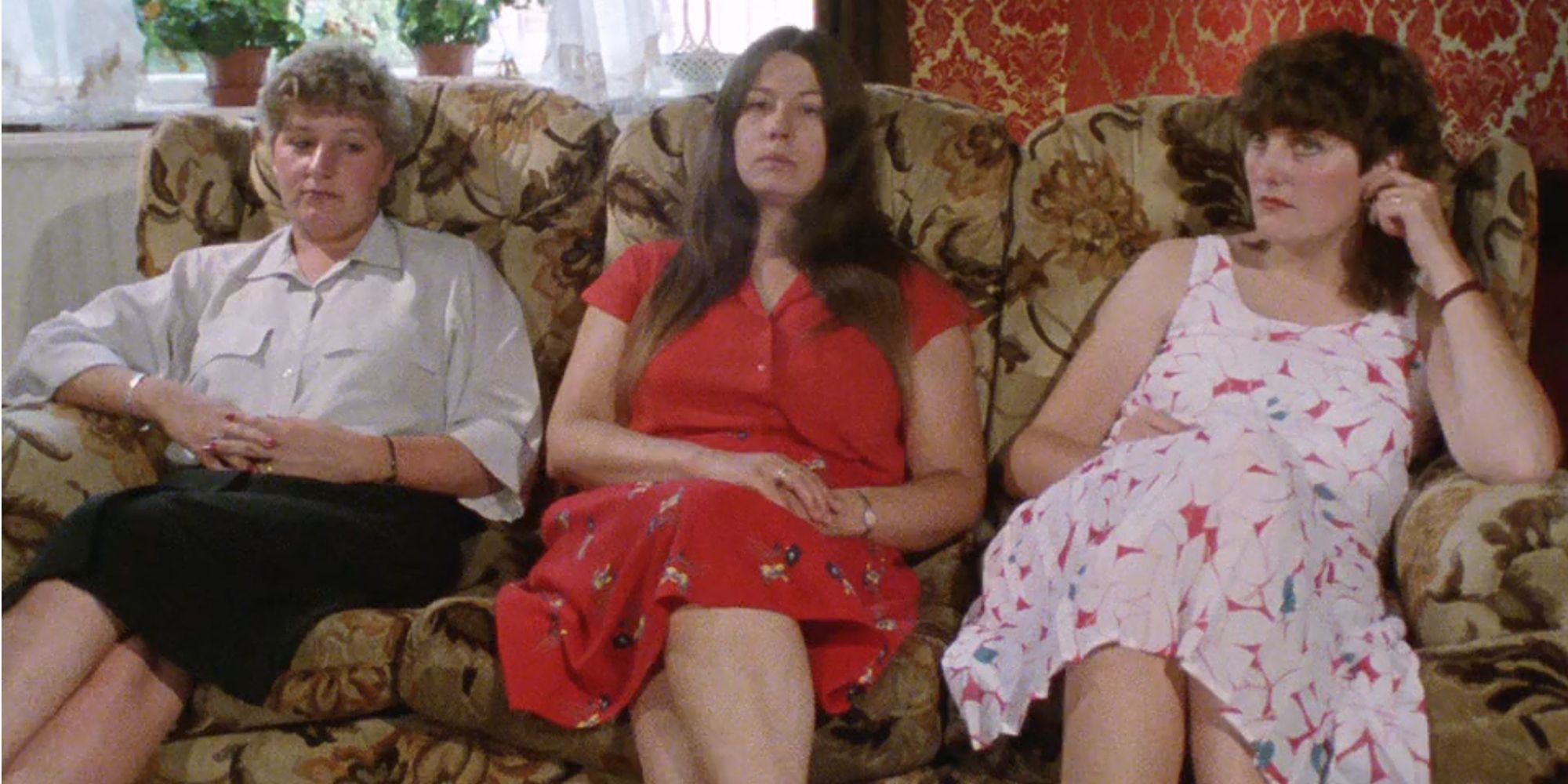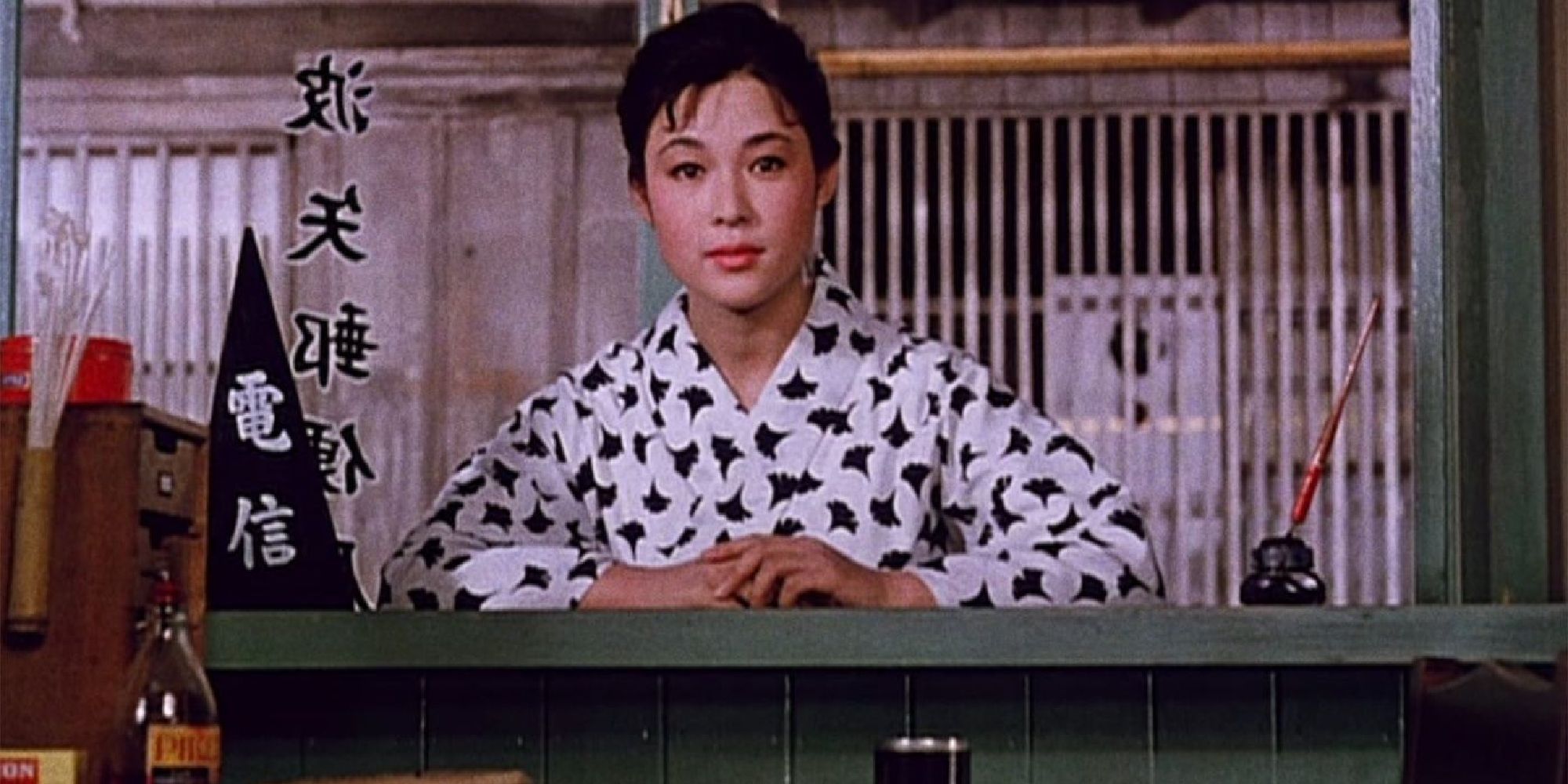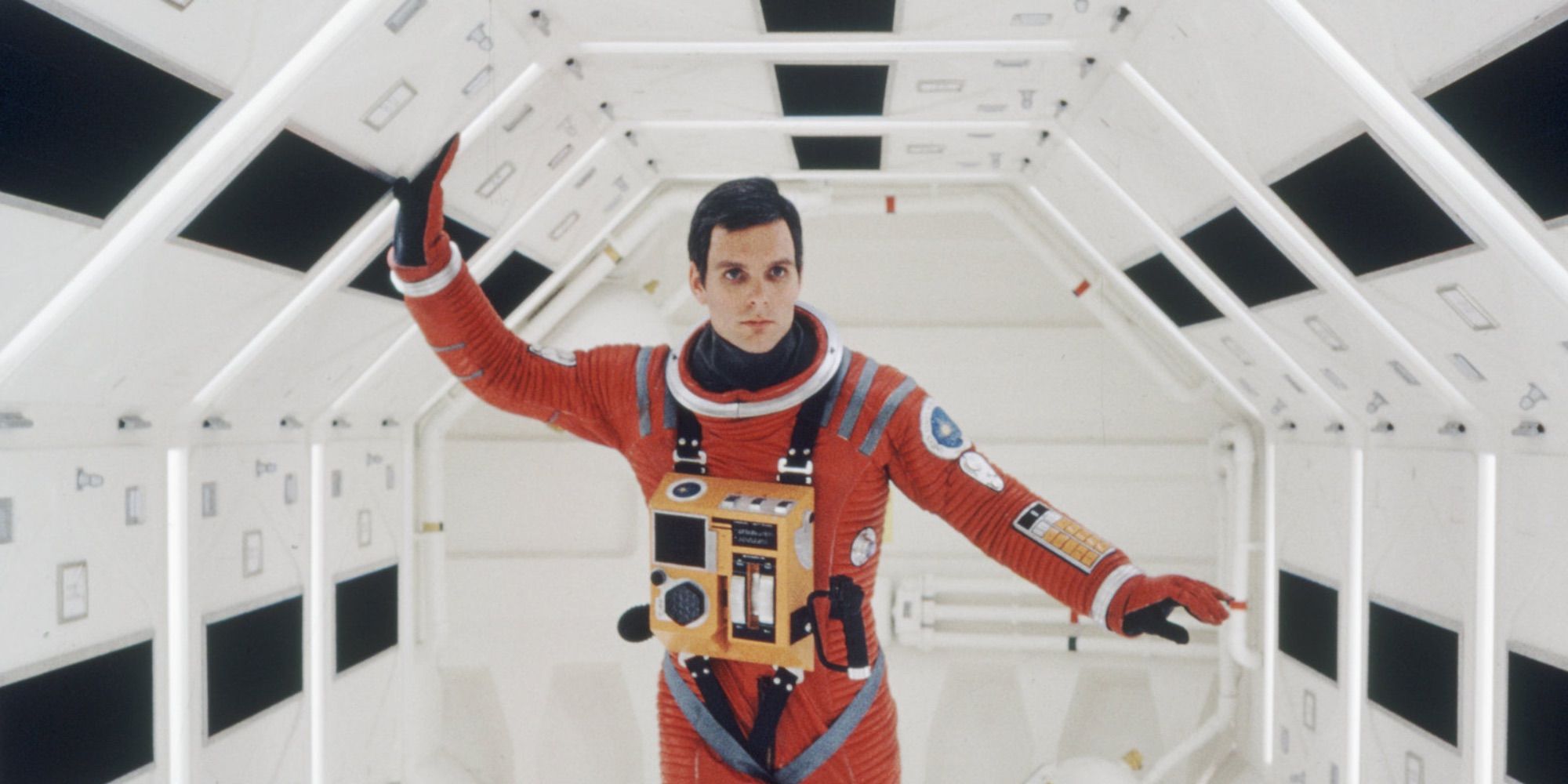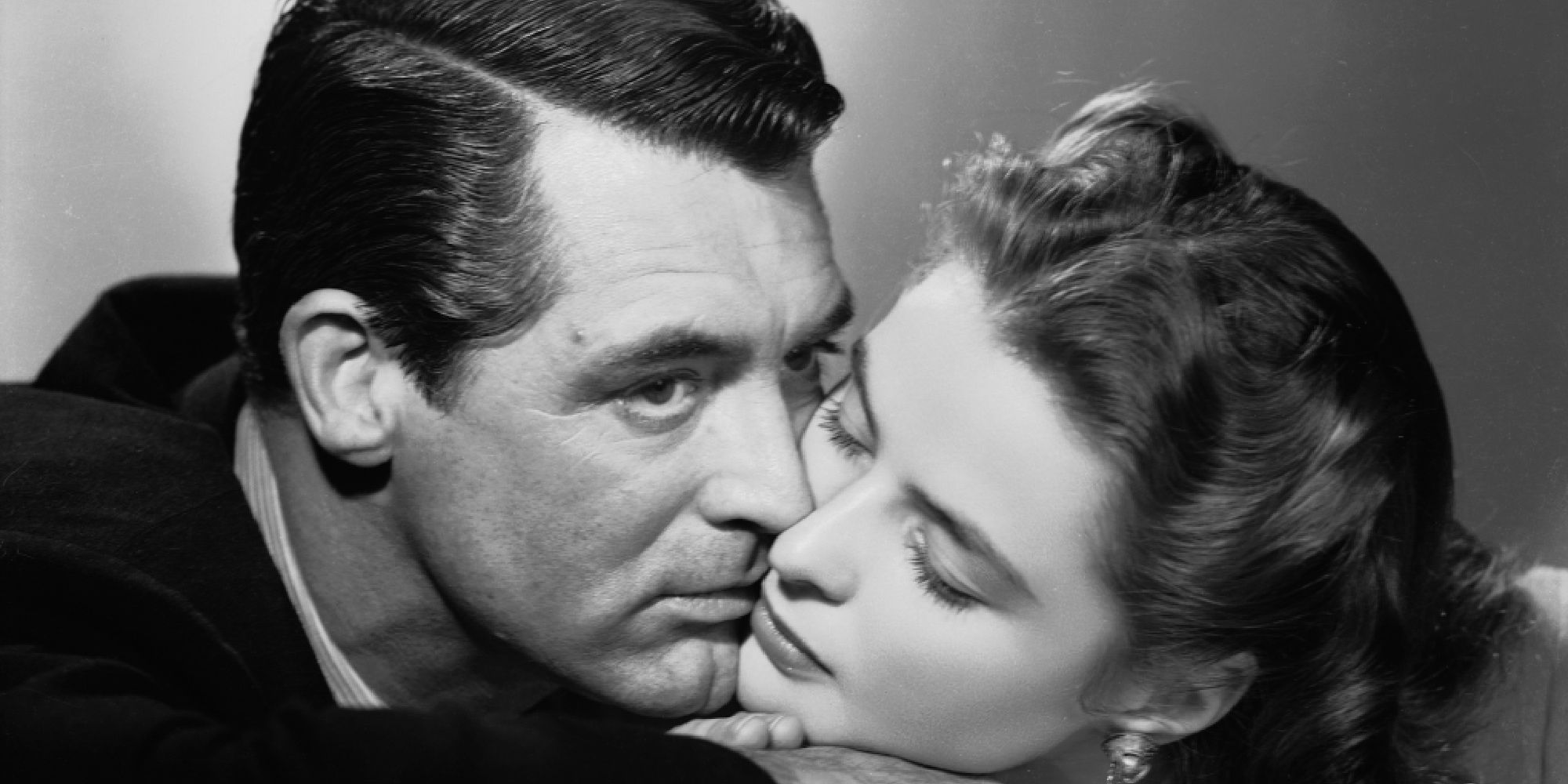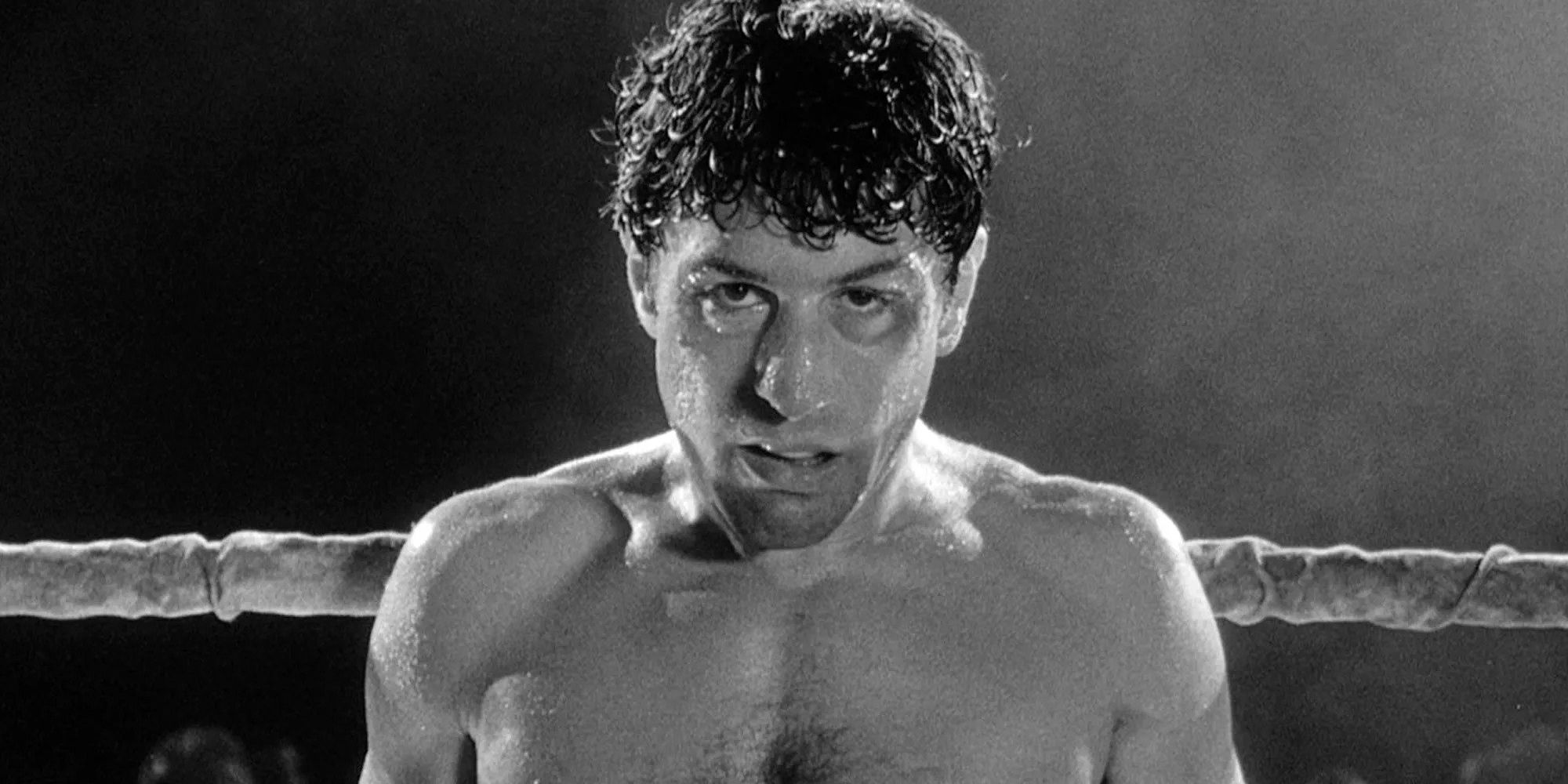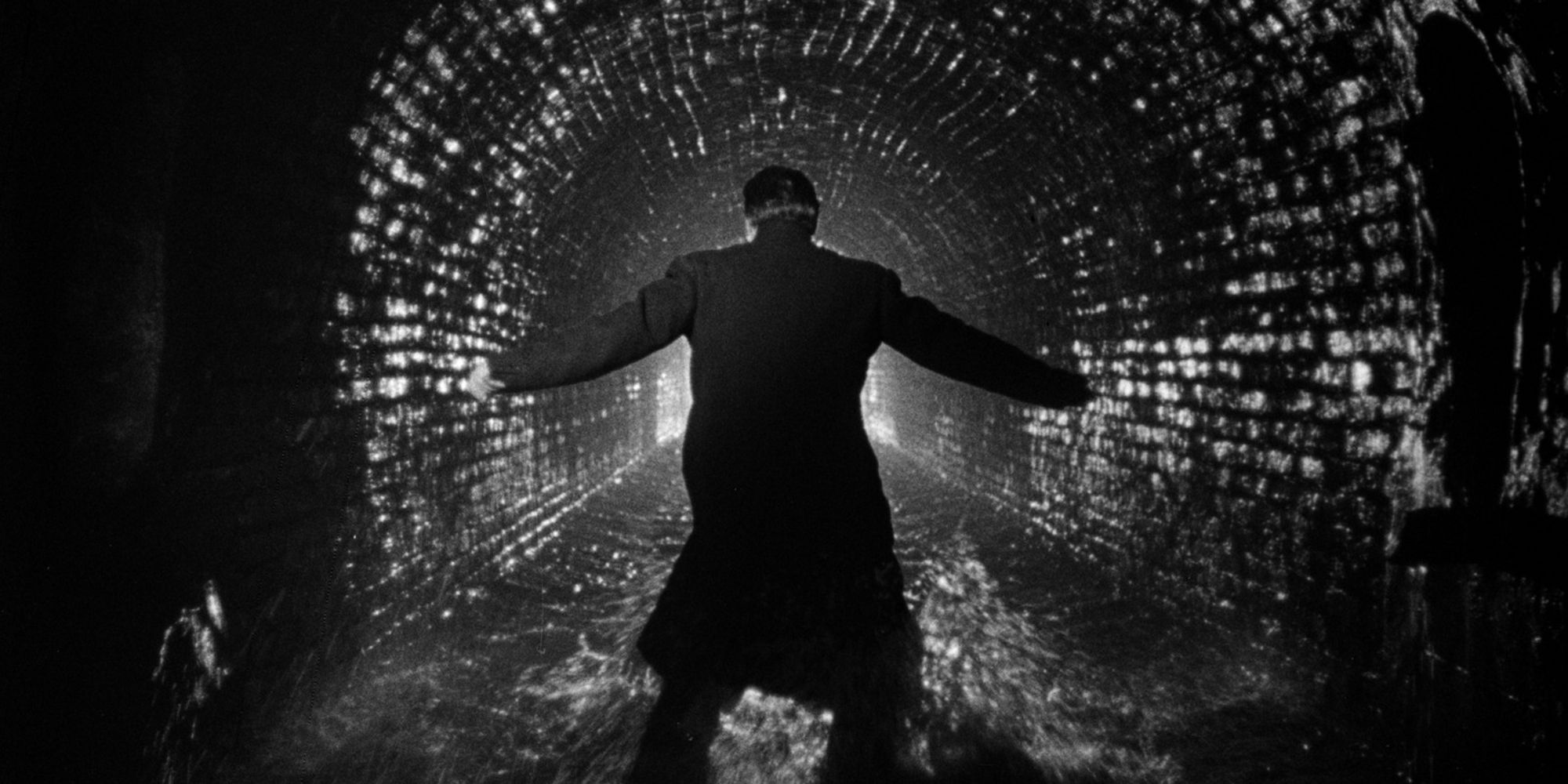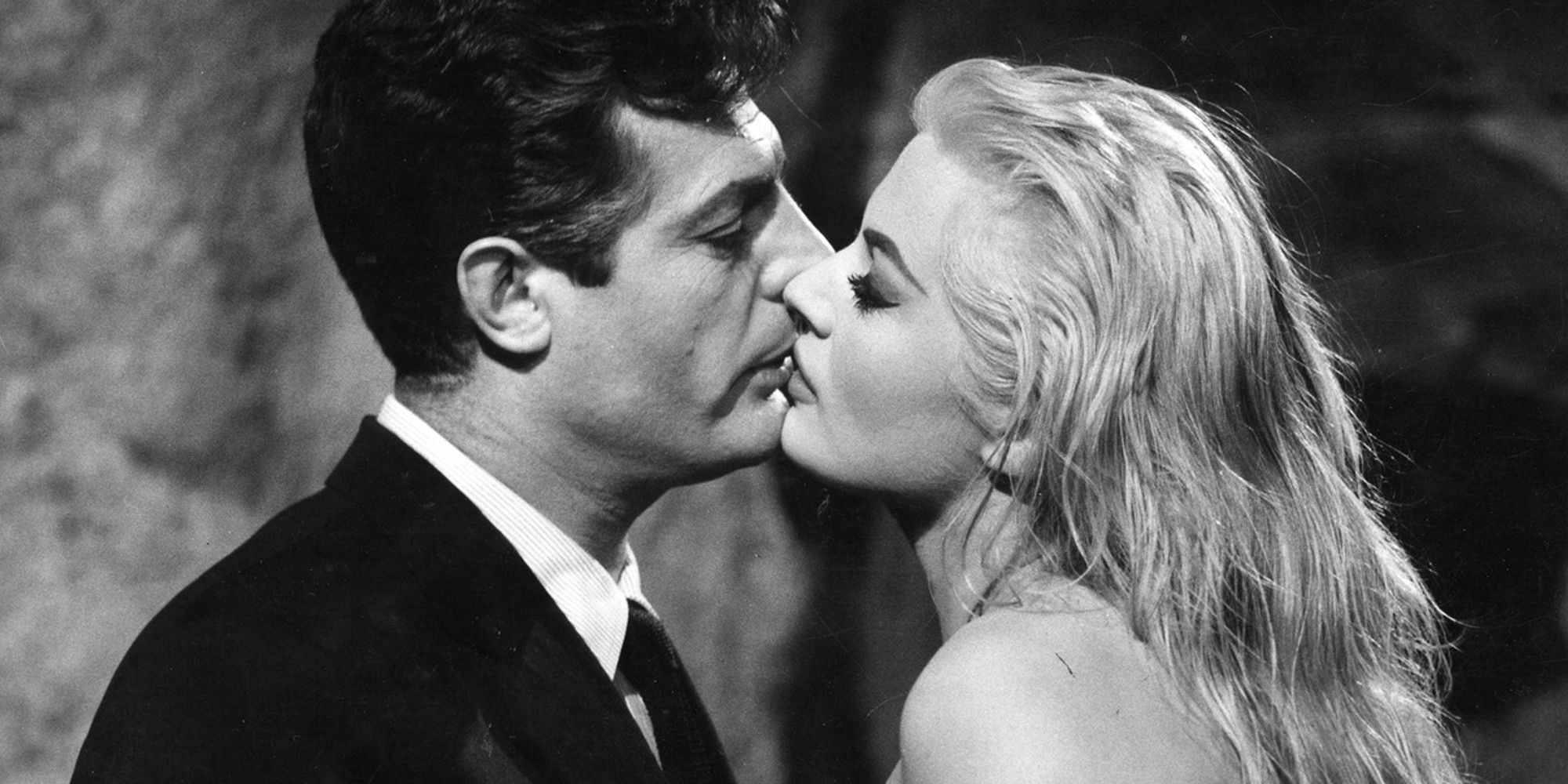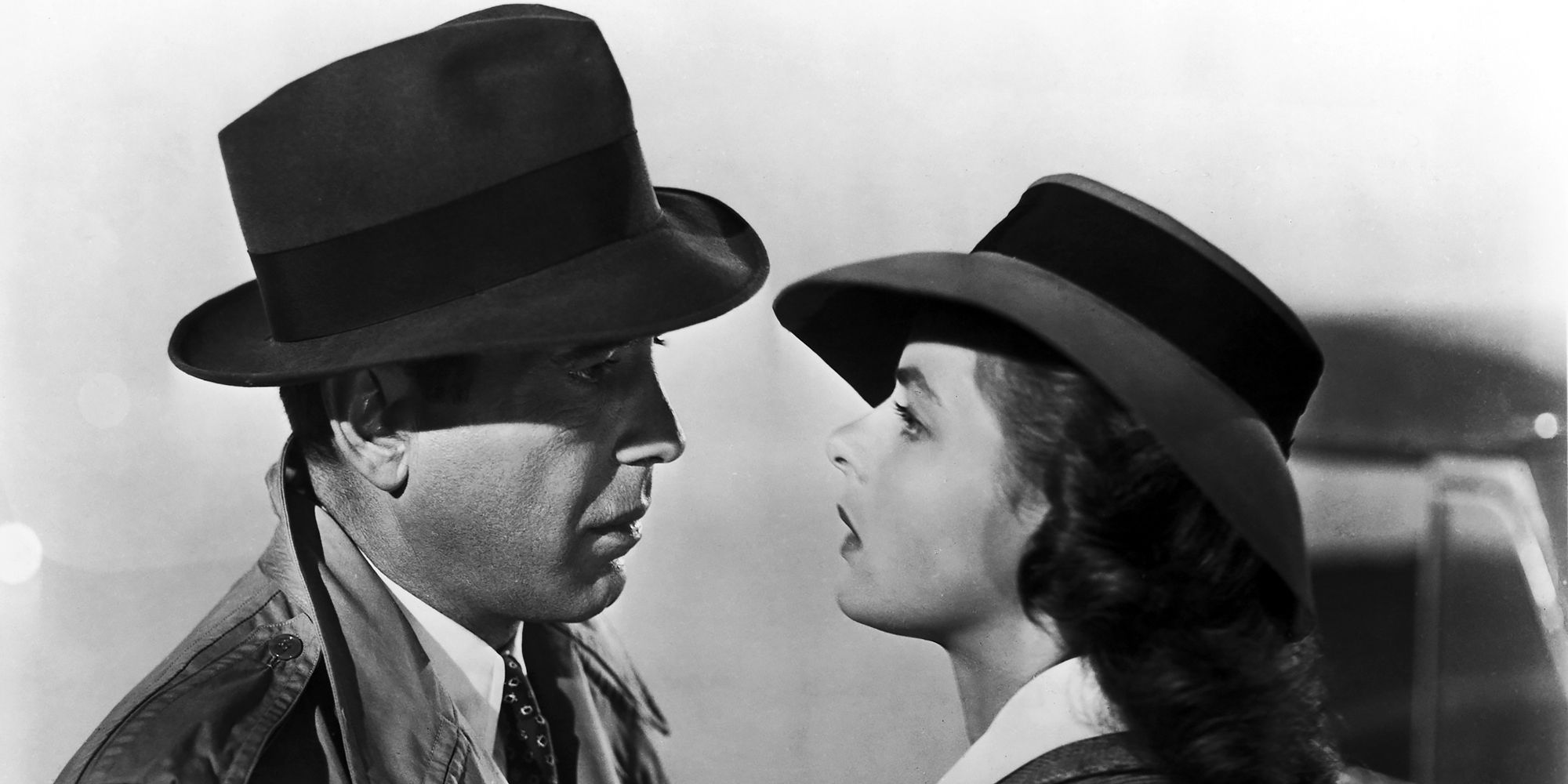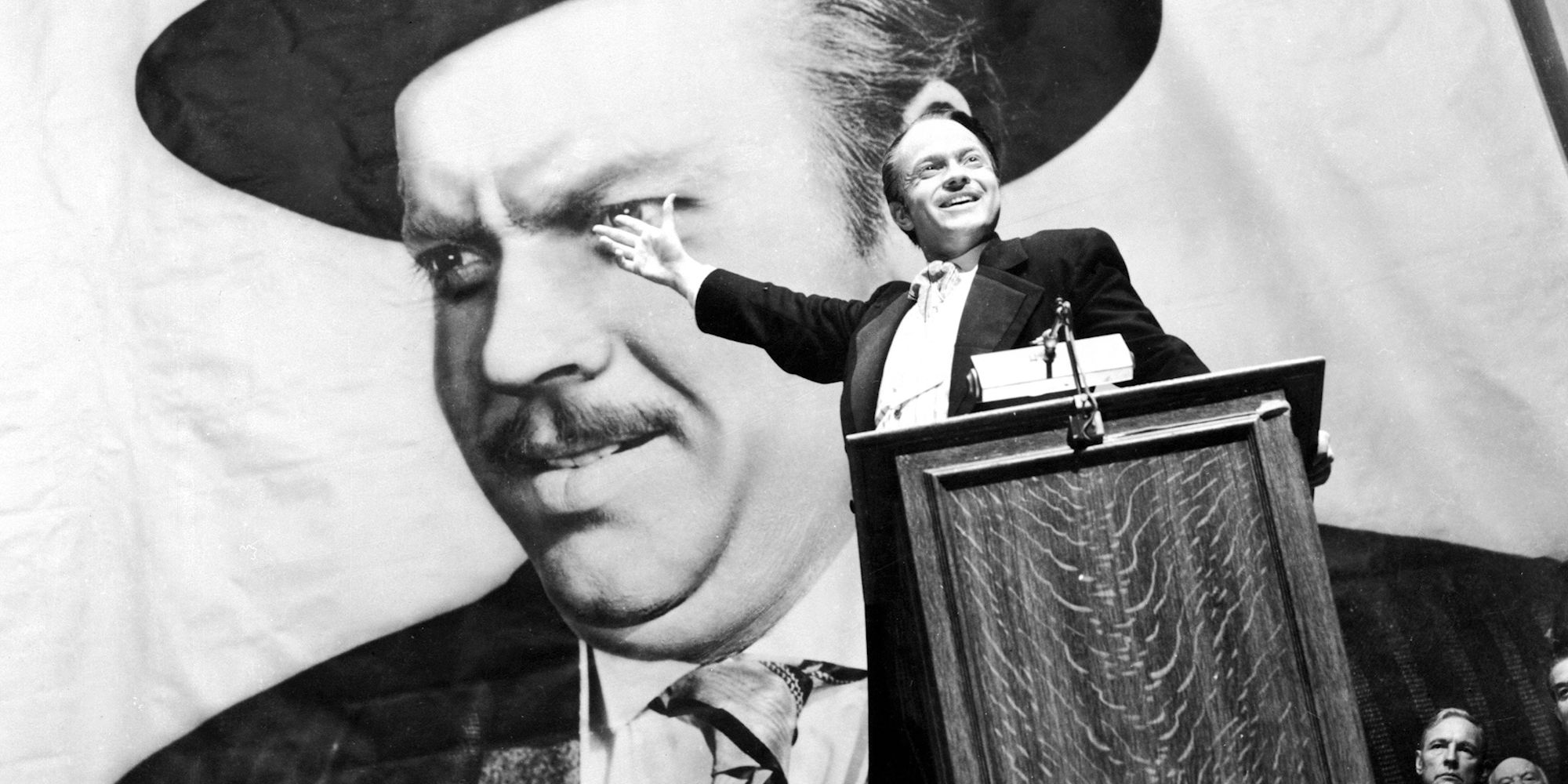Perhaps the most respected and well-known movie critic of all time, Roger Ebert is a key figure in cinema history. His widely read reviews were poignant and incisive yet sometimes divisive and ever so entertaining; often, his opinion was the one that could decide the fate of a movie.
In the days before the internet, audiences looked to the newspapers for his take on the latest films. That was the magic of Ebert: bringing film criticism to the mainstream. From 1967 until his death in 2013, Ebert wrote for The Chicago Sun-Times and became the first critic to receive a Pulitzer Prize for his film criticism. Now, Ebert’s opinion matters just as much, or perhaps even more than it did during his heyday. These movies are the best, in Ebert’s not-so-humble opinion, and any dedicated cinephile would add his top ten to their watchlist.
“If I must make a list of the Ten Greatest Films of All Time, my first vow is to make the list for myself, not for anybody else.” – Roger Ebert.
1 ‘Gates of Heaven’ (1978)
Directed by Errol Morris
For movie fans, this four-star film selection by Ebert may have raised some eyebrows. A renowned documentarian, Errol Morris‘ oeuvre explores knowledge itself, concerned as much with the people possessing it as it is with the highly specific nature of expertise. With the help of cinematographer Ned Burgess, Morris’ ticket to mainstream recognition was Gates of Heaven, a documentary about a pet mortician and the animals he’s buried in a California pet cemetery.
No matter if it’s a documentary or a feature film, sharp, story-driven movies always caught Ebert’s eye. Gates of Heaven is a curious piece of filmmaking, walking a fine line between satire and heartfelt honesty. The result is a film about human nature itself and the power of some unexplained, unbreakable bonds. While it took a different direction than other narratives reviewed by the legendary critic, Gates of Heaven speaks to pet owners and their experiences.Watch on Criterion
2 ’28 Up’ (1984)
Directed by Michael Apted
This documentary is a prime example of how filmmaking can bridge time, and for Ebert, that bridge extends into his own life. 28 Up is a biographical piece in which director Michael Apted interviews the same group of British adults over several seven-year wait periods. While it’s one that audiences might not be familiar with, the documentary is a passionate project that services the fascination with personal evolution and perspective.
Ebert’s four-star review ruminates with the mystery of time and legacy through the lens of real people. Fictional films like Boyhood create a fictional time capsule, while Apted’s documentary is authentically raw. 28 Up quietly craved audience participation in forming predictions and emotional investment into the lives of the subjects during the four documented periods of lives. Ebert willingly indulged and encouraged viewers to do so with his placement of this film on his greatest of all-time list.
Rent on BritBox
3 ‘Floating Weeds’ (1959)
Directed by Yasujirō Ozu
An emotional review from the heart, Ebert speaks of Floating Weeds and its director, Yasujirō Ozu, as if they are life-long friends. The excellent international feature film flies mostly under the radar when it comes to mainstream attention, but earned a four-star rating and place on Ebert’s greatest of all time list. The 1959 drama tells the story of a man who returns to the small town where he left his son and attempts to make up for the missed years while the child remains under the assumption the man is his uncle.
“This material could be told in many ways. It could be a soap opera, a musical, a tragedy. Ozu tells it in a series of everyday events. He loves his characters too much to crank up the drama into artificial highs and lows. Above all we get a sense of the physical existence of these people…”
Mirroring the softness of the film, Ebert’s review is lulling and easy to get lost in mirroring the serenity of the film and its understated beckoning call. Ebert recognized that many viewers had probably never seen or heard of the film or director Yasujirô Ozu.Floating Weeds is visually stunning, with highly contrasting colors painting a beautiful picture of what is, essentially, a tender tale of reconciliation and moving on.Watch on Max
4 ‘2001: A Space Odyssey’ (1968)
Directed by Stanley Kubrick
Iconic, top-rated, foundational…all descriptors that apply to 2001: A Space Odyssey. A transformative film, Ebert’s four-star rating praised and understood the ingenious multi-level craftsmanship that produced a tedious, thought-provoking film. Directed by Stanley Kubrick, this sci-fi film takes audiences through space and time as a spaceship, operated by two men and an AI computer named H.A.L 9000, is sent to Jupiter to understand a mysterious artifact.
The Oscar winner for Best Visual Effects, 2001: A Space Odyssey set the bar for where technology was headed in cinematic storytelling. Ebert referred to the film as “a landmark of non-narrative, poetic filmmaking, in which the connections were made by images, not dialog or plot.” It’s truly difficult to put 2001‘s profound impact into words. Instead, the film should speak for itself, and it truly does; it’s evocative, profoundly eerie, and thought-provoking, the very definition of a cinematic masterpiece.
5 ‘Notorious’ (1946)
Directed by Alfred Hitchcock
Adding another iconic director to the greatest of all time, Notorious was Alfred Hitchcock‘s ticket to Ebert’s heart. A drama starring Hollywood royalty Cary Grant and Ingrid Bergman, the movie follows T.R. Devlin, who recruits the daughter of a convicted German criminal, Alicia, to act as a spy. When she becomes involved with a Nazi hiding in Brazil, their dangerous scheme threatens to slip out of their hands. Ebert’s four-star review revels in Hitchcock’s ability “to pluck the strings of human emotion—to play the audience.”
Ebert notes that the film, alongside Casablanca, secured Bergman’s legacy in cinematic history with her commanding performance. Notorious is among Hitchcock’s greatest movies, a sleek and stylish spy noir elevated by the electrifying chemistry between Grant and Bergman. Among Hitchcock’s large and famous filmography, Notorious stands out as one of his most alluring and purely rewatchable efforts, a masterclass in filmmaking that excels at nearly every conceivable level.
Watch on Tubi
6 ‘Raging Bull’ (1980)
Directed by Martin Scorsese
The film that perhaps knocked Taxi Driver off Ebert’s top ten list, Raging Bull is one of the best sports movies of all time and arguably the all-time best boxing picture. Starring as real-life boxer Jake La Motta, Robert De Niro portrays the middleweight champ’s dominating, violent force inside the ring, which translated into a volatile and painful life outside of it. Ebert’s four-star rating commends the technical command demonstrated by Martin Scorsese, from the visual effects, sound design, and striking camera work, and its marriage to a sports narrative that isn’t exclusive to that genre audience.
An adaptation of La Motta’s autobiography, Raging Bull is now widely regarded as possibly Scorsese’s finest, a grueling and emotionally violent portrayal of a complicated yet fascinating figure. Raging Bull is often a challenging watch, but De Niro’s fierce, committed performance and Scorsese’s assured direction make it worthy of the greatest of all-time distinction for Ebert.
Watch on Max
7 ‘The Third Man’ (1949)
Directed by Carol Reed
A film with a “reckless, unforgettable visual style,” The Third Man maintains a narrative just as powerful about the optimism of Americans slates against the weary European post-war perspective. A gripping mystery and visually distinctive triumph, this film-noir tells the story of Holly Martins (Joseph Cotten) in postwar Vienna as he investigates the death of his friend Harry Lime (Orson Welles). From its on-location filming to the atmospheric and striking cinematography, The Third Man is a four-star-rated film and among the greatest of all time for Ebert.
This cinematic masterpiece captured not only the heart of Ebert but new audiences for decades. In his review, Ebert details the physical cinematic experience he encountered when he saw the movie, capturing the importance of how the movie-going experience is unparalleled, no matter where you are in the world. The Third Man is the ultimate film noir and an engaging mystery that keeps enthralling nearly a century after its release.
8 ‘La Dolce Vita’ (1960)
Directed by Federico Fellini
An Oscar-winning Italian masterpiece, La Dolce Vita is a romanticized tale of a week’s worth of stories for a tabloid journalist living in Rome. It secured one golden statute for Best Costume Design, yielded three other nominations, and now stands as one of its country’s greatest cinematic achievements. The film stars Marcello Mastroianni and Anita Ekberg and is directed by Federico Fellini.
Rewatching the movie once a decade, Ebert poignantly reminds readers that “Movies do not change, but their viewers do.” Like any good film study, Ebert’s four-star review and praise encourage viewers to look beyond the surface popularity or scandal of the film’s release and understand what it’s trying to say. Filled with iconic imagery and thought-provoking themes, La Dolce Vita is a timeless and riveting film about life itself, which will surely mean something different for every person, depending on where and, most importantly, when they watch it.
Buy on Criterion
9 ‘Casablanca’ (1942)
Directed by Michael Curtiz
Doting upon the cinematic masterpiece, Ebert’s four-star review paints an adoring picture of a movie about love and the sacrifices made in the name of it. Casablanca features Humphrey Bogart and Ingrid Bergman as Rick Blaine and Ilsa Lund, a pair of former lovers reuniting in the Vichy-controlled city of Casablanca. Fighting their lingering feelings, Rick must help Ilsa’s husband, a Czechoslovak resistance leader, escape so he can continue his fight against the Nazis during World War II.
The movie is a beautiful blend of excellent writing brought to life by masterful onscreen performances, with characters who are redeemable despite their shortcomings. For Ebert and cinephiles around the world, Casablanca is a rewatchable movie whose familiarity never fails to be inviting and refreshing, invoking an emotional response that isn’t easily replicated.
10 ‘Citizen Kane’ (1941)
Directed by Orson Welles
Citizen Kane is a movie that continues to age like fine wine, retaining its status as one of the best movies of all time to Ebert and audiences alike. Directed by Orson Welles, this movie tells the story of a group of reporters desperate to decode the final words of publishing tycoon Charles Foster Kane (Welles), infamously based on real-life magnate William Randolph Hearst. His four-star review highlights iconic symbolism and invitation to seek out deeper meaning in every frame.
Highly influential from nearly every technical and narrative perspective, Citizen Kane stands out as one of the greatest movies ever made, a timeless tale of all-consuming greed and the tragedy of the American Dream. The legacy this film leaves for Welles is unmatched, Ebert describing the looming presence of the film as “a towering achievement that cannot be explained yet cannot be ignored.


